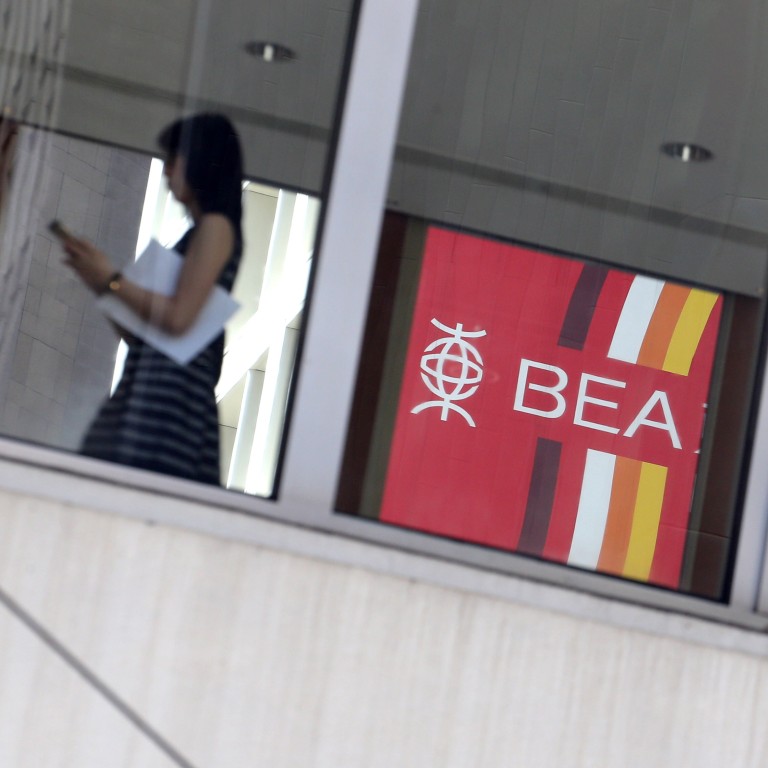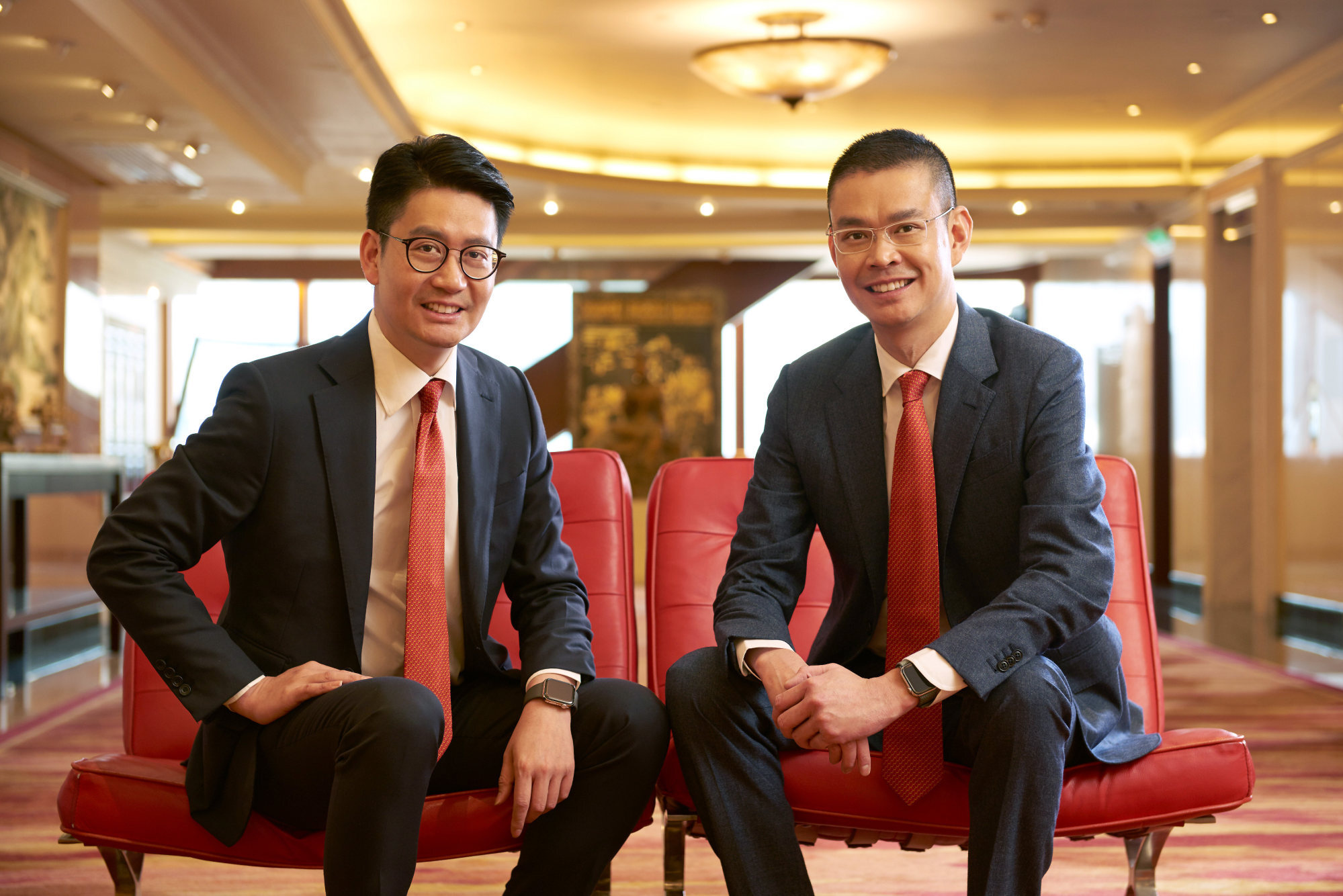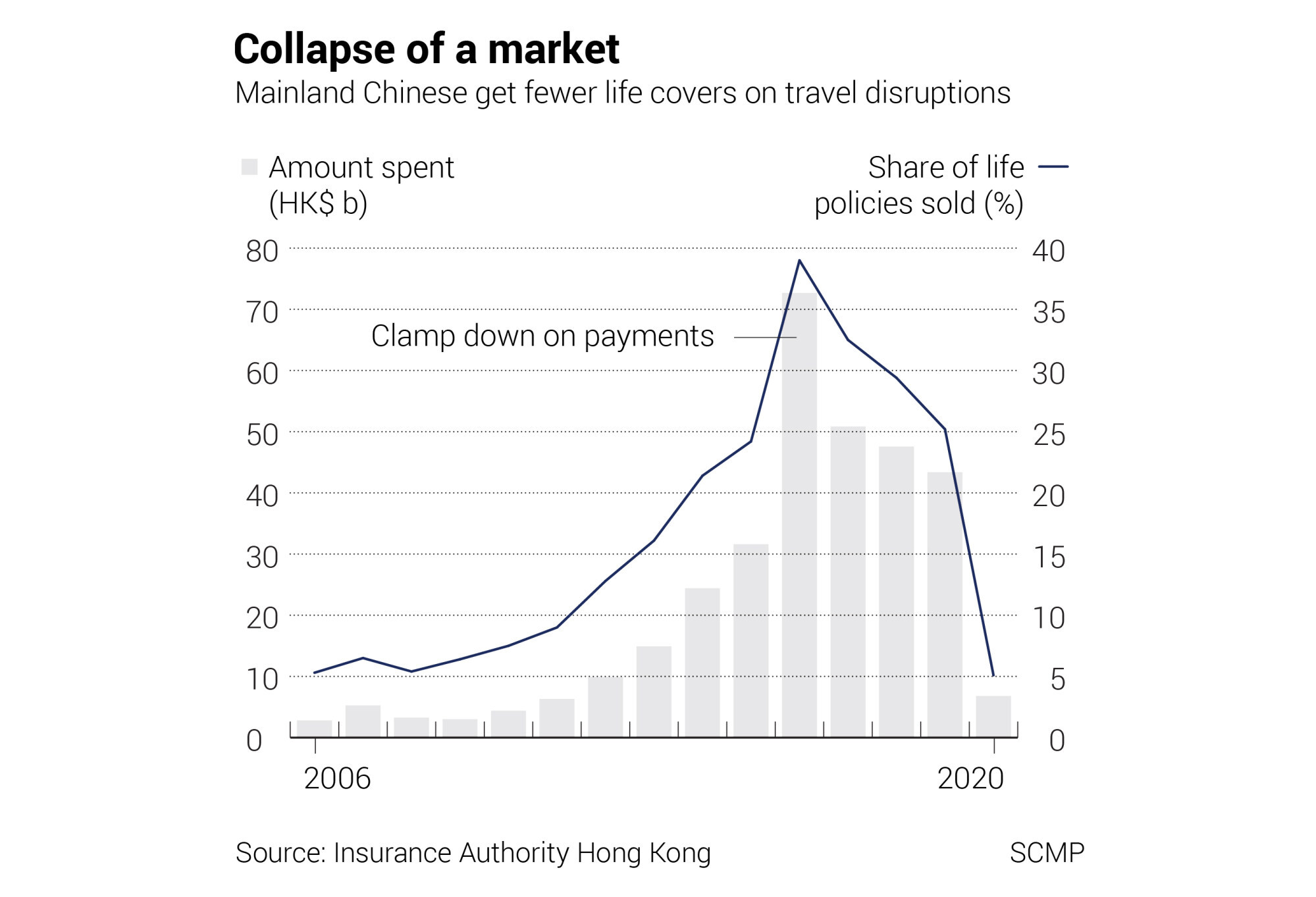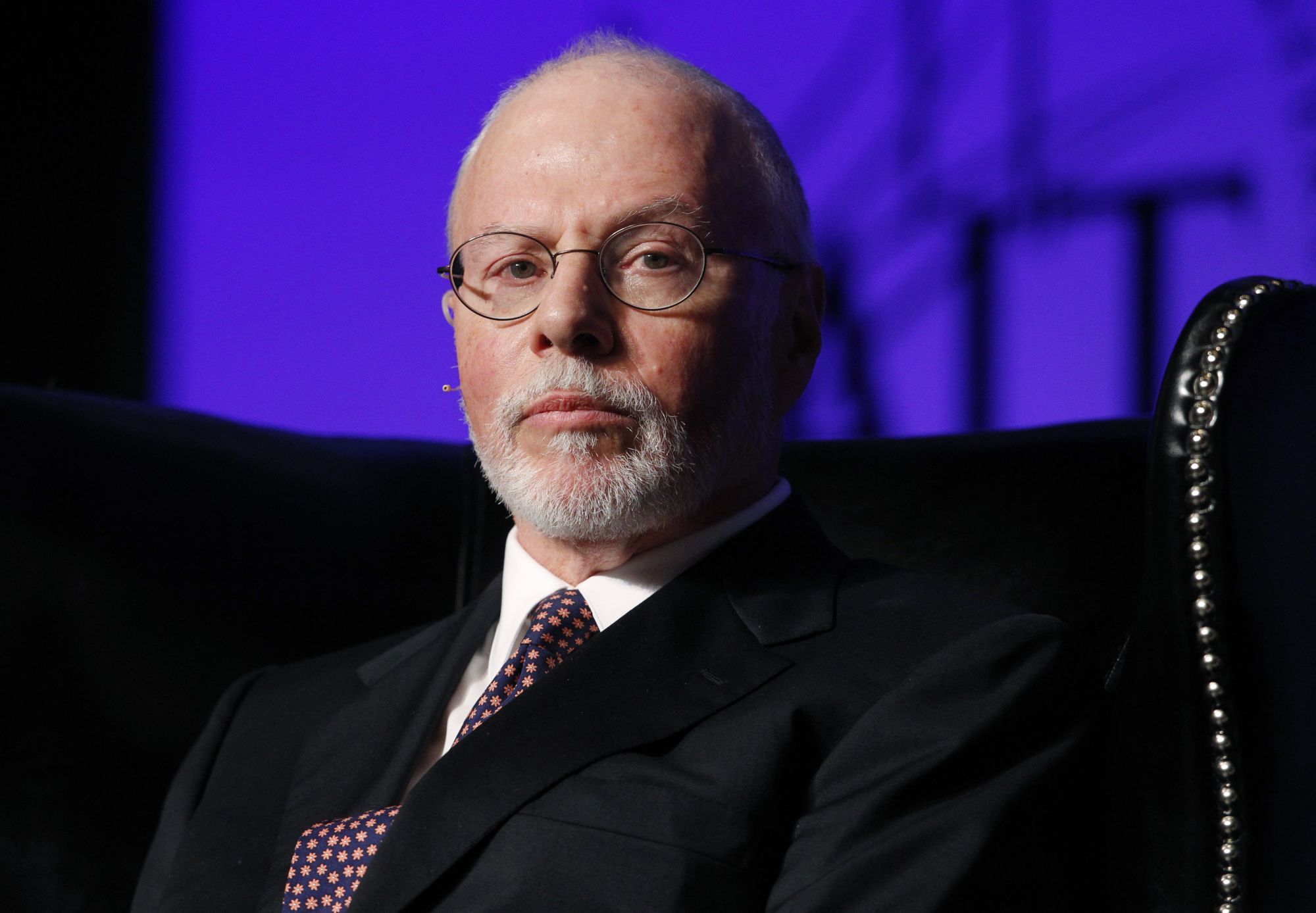
Bank of East Asia to ride on AIA dominance in China after divesting insurance assets in partial victory for Paul Singer’s hedge fund
- The proposed BEA-AIA alliance will compete with home rivals like HSBC and Standard Chartered in tapping Greater Bay Area potentials
- Sale of insurance unit to AIA represents a partial victory for US hedge fund Elliott Management, whose stake in BEA has suffered a beating in past five years
The latest sale also comes with a 15-year deal giving AIA Group the exclusive right to sell life insurance products to BEA’S personal banking customers in mainland China, Hong Kong and Macau for a fee. The banking group had US$114.1 billion of assets at the end of 2020, while AIA Group had US$326.1 billion.
“This will allow us to earn a good commission income every year,” BEA’S co-chief executive Adrian Li Man-kiu said by phone on Thursday. “It will also be a good strategic partnership” for both parties to capture the big cross-border business opportunities, he added.

The BEA-AIA partnership will challenge home rivals with a longer history of tie-up who are positioning themselves in the much heralded Greater Bay Area development. The anticipated cross-border Wealth Management Connect and Insurance Connect could be “the next big thing,” Li added.
HSBC, the biggest bank in Europe and Hong Kong, struck a similar long-term deal with AXA in 2012 after hiving off its general insurance business to the French group in 2012. Standard Chartered agreed in 2017 to sell Allianz’s general insurance products to its retail banking clients in China and the region.
The purchase of BEA Life will further entrench AIA’s commanding position. Hong Kong and mainland China each contributed 35 per cent and 21 per cent to its operating profit after tax of US$5.94 billion in 2020, its two single-largest markets.
“The many partnerships is a clear indication that banks are struggling to make good profit, particularly during economic downturns following the global financial crisis in 2008 and also in recent years during the pandemic,” said Kenny Ng Lai-yin, a strategist at Everbright Sun Hung Kai.
BEA, with a large network of 140 branches in Hong Kong and mainland cities, could help AIA to expand sales, especially in the Greater Bay Area, Ng said.

For Paul Singer’s Elliott Management, the sale of BEA Life represents a partial victory. His fund, which held an 8.54 per cent stake at the end of 2020, fought BEA and some of its directors from 2014 to force the lender to sell its business or slim down. His reward may be some payout from part of the HK$5.07 billion proceeds.

The stock was little changed this year at HK$16.54 while the Hang Seng Index climbed 4.1 per cent. Still, the bank has slumped 42 per cent over the past five years while the benchmark index rose 38.2 per cent, partly battered by huge loan losses in its mainland China operations.
BEA will consider how to reward shareholders, with options including paying a special dividend or share buy-back, co-CEO Li said in the phone interview. It will also use the proceeds to hire more people to strengthen its wealth management and digital banking units.
“We will continue to look for other partnerships to expand our business in future or to make acquisitions when good opportunities arise,” he said. For now, however, it has no further plans to sell its existing assets, Li added.

